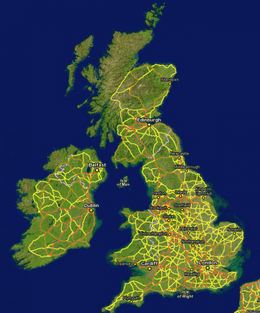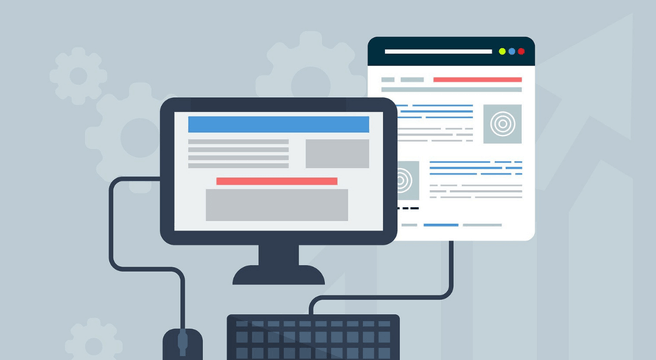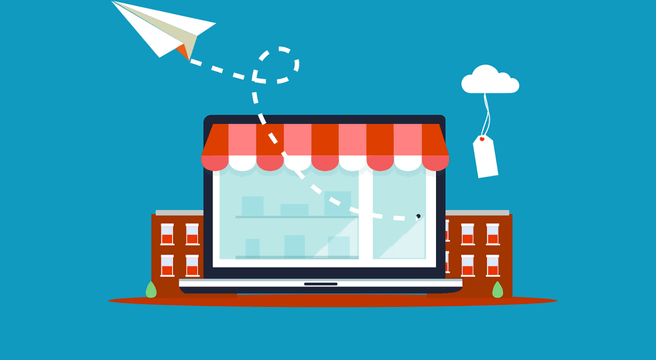
What e-commerce is in simple terms, is a way of doing business over the internet. It can be used to sell products – both physical and digital – and some services, and it can be used by every size of organisation from a sole trader to a multi-national corporation.
It is, however, important to remember that e-commerce is not just about buying and selling, but about the whole process of finding and relating to customers – before, during and after the sale. As with any business, an e-commerce venture needs careful planning and preparation.
E-commerce websites
An e-commerce business is usually based on a website on which products or services are displayed, and from which they can be selected and bought. These websites are sometimes custom-built by e-commerce web designers, although this can be an expensive option.
As an alternative, there are free or low-cost ready-made e-commerce websites which can be downloaded and tailored to suit the needs of the vendor, or ‘merchant’. An even lower-cost option is a ‘storefront’ which can be bought or rented as part of an online market or virtual department store.
‘Clicks and mortar’
Aside from simply knowing what e-commerce is, there are different operating models. Some e-commerce businesses only trade online, whereas others have premises from which products can be bought by walk-in customers. The former business model is known as ‘pure-click’ e-commerce, the latter as ‘clicks and bricks’ or ‘clicks and mortar’. Almost all major retailers are now ‘clicks and mortar’, with e-commerce operating alongside high-street outlets.
E-commerce and payments
E-commerce customers usually want to pay for products or services using credit or debit cards. Providing this kind of facility should be straightforward for existing businesses, but new e-commerce ventures without a track record may find it difficult to do so.
In this case, internet payment processing services such as PayPal are available. These are easy to set up and are widely used, but they cost more than directly accepting debit or credit cards.
Types of products sold through e-commerce
Digital products such as computer software, music and video, and premium website content are usually delivered electronically by downloading.
However, most e-commerce involves selling physical products which need to be transported from the merchant to the customer. Efficient packaging, transport and delivery of products are an important aspect of e-commerce, particularly for delicate or expensive products.
E-commerce and customer service
Customer support is vitally important to successful e-commerce. Internet users expect to find information easily and have queries answered quickly, and tend to move on to a different site if this isn’t the case. After the sale, any issues must be dealt with efficiently.
Efficient selling and good support are two key elements in building lasting customer relationships. The most successful e-businesses are those which have a customer base which feels valued, and which is rewarded for loyalty.
Now that you know what e-commerce is, follow our five steps to start marketing your product.





